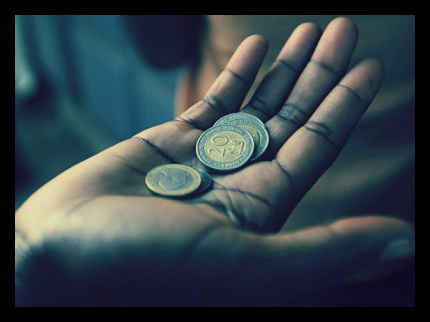A Voice for the Poor

There are billions of people in the world today who are currently living under the shaky circumstances of poverty. One in five people in the world survive on less than $2/day, while 1.5 billion struggle with less than $1/day. This shocking truth affects people everywhere and creates a lack of hope and opportunity.
Although there is aid money that is accessible, cash transfers have become comparably effective way to help the poor. In the effort to achieve the UN Millennium Development Goal of eradicating extreme poverty, cash transfers have played a significant role in reducing the high number of people living in extreme poverty. While the benefits of having access to cash transfers are well known, the people who are most in need of them believe that the value and improvement of the system can be better. For the poor, their voices remain unheard.
Cash transfer programs in developing countries have been viewed as an effective and fast way to provide aid. Because of how money is distributed, the money is not being given to everybody due to eligibility concerns and a lack of people properly applying before deadlines. Some countries such as Kenya had trouble trying to figure out the application process for cash transfer programs. Like many people living in poverty stricken area, many are unaware of what to do and are more focused on surviving.
While there are always benefits to receiving money, there is also conflict in the process of collecting it. Elderly people in Uganda have had a difficult time trying to voice their issues whenever mistakes occurred. Whenever there is any kind of conflict, elders are faced with the problem of whether to address it or not. They don’t believe that a voice truly exists for them. Not being able to share their complaints has a lot to do with their fear of having their benefits taken away from them.
As the poor are struggling to reach out to share their voice, there is an ethical argument for them to have a say in society. Although they already face such vast conflicts in their life as the poorest in society, discrimination plays into their lives on the basis of gender, age, disability, ethnicity, sexuality and religion.
Being able to find a voice for the poor is not only going to better their lives, but it will properly open up a different perspective on how unjust the poor are treated. This issue is not that these programs are not already effective enough in combating poverty, but by having their own voice, the poor can address their issues with aid systems to the government and donors for improvement, efficiency, and fairness.
– Jada Chin
Source: The Guardian
Photo: Council on Foreign Relations
